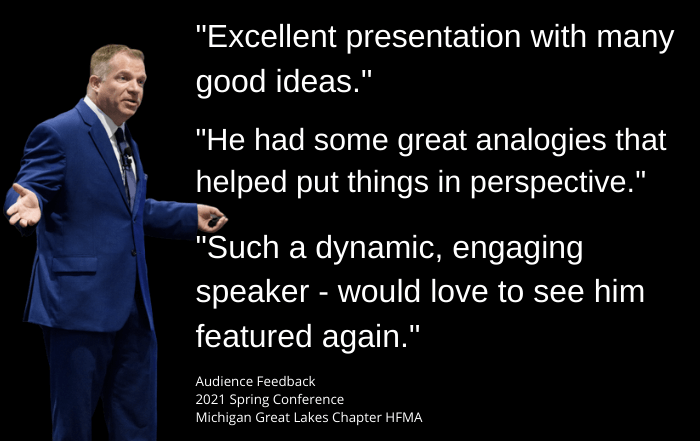 Responding to a tough challenge is an important skill for leaders. It’s likely not one you’ll use every day but when you need it, it will feel priceless.
Responding to a tough challenge is an important skill for leaders. It’s likely not one you’ll use every day but when you need it, it will feel priceless.
Workplace challenges will always happen and often at the worst possible time. Your ability to pivot to a next step, quickly, is very important. This is not a time to be stuck in indecisiveness.
Recently, I surveyed my LinkedIn connections on responding to a tough challenge. Here are their top responses:
- Reach out to a peer/mentor: 65%
- Online research: 18%
- Hire an outside expert: 12%
- Hands-on Trial and Error: 6%
Let’s take a closer look at these options, so you can find your best way to respond to a tough challenge.
Reach out to a Peer/Mentor
This option celebrates the power of your professional network. Do you have people who are a phone call or an email away, who can help you?
Professional associations and networking groups can help create these relationships. I’ve found most people are willing to help a colleague. Plus, their outside perspective of your situation may quickly give you options.
You may not like the advice but you should consider it. And of course, thank the person for their help, regardless of what you do next.
Online Research
The Internet provides us with a treasure chest of information. The problem you feel is unique to your situation, may have been experienced by many others.
The availability of options can become a problem. You can spend endless time researching a scenario and delay implementing a solution.
Responding to a tough challenge through online research needs a timeline. Also, make sure the solutions you’re considering are recent or still relevant. You can find lots of good ideas from the 1980s but many of them won’t work in today’s world.
Hire an Outside Expert
Sometimes you’re not the right person to solve your challenge. You know your limits and your abilities. And while you could try to find a solution, it’s a better use of time to bring in outside help.
When I had to have a new dishwasher installed, I knew I needed to hire a professional. Yes, my limited knowledge of plumbing could have allowed me to do the job but it would take me much longer to accomplish it. Plus, there was a very good chance that I would make a costly mistake.
For many, the challenge of this choice is giving up some control of the situation. But think about how you’ll feel when your challenge is solved and you don’t have to sweat the details.
Hands-on Trial and Error
Some people love to sweat the details! They see responding to a tough challenge as a chance to learn. They may be energized by this process.
Assuming that you avoid procrastination, this option may work in situations where there isn’t one clear solution to your problem.
Based on your experience, you pick an option. It may work but if it doesn’t, you’ll use that knowledge to make your next move.
It’s a little like gambling. But if things go well, you will have solved a problem and learned something new.
Final Thought
For leaders, it’s smart to assess your skills and know how you’ll respond to future big challenges. Have a process and don’t leave things to chance.
This way, you’ll know what to do and won’t fall into the trap of making a rushed decision out of panic.






